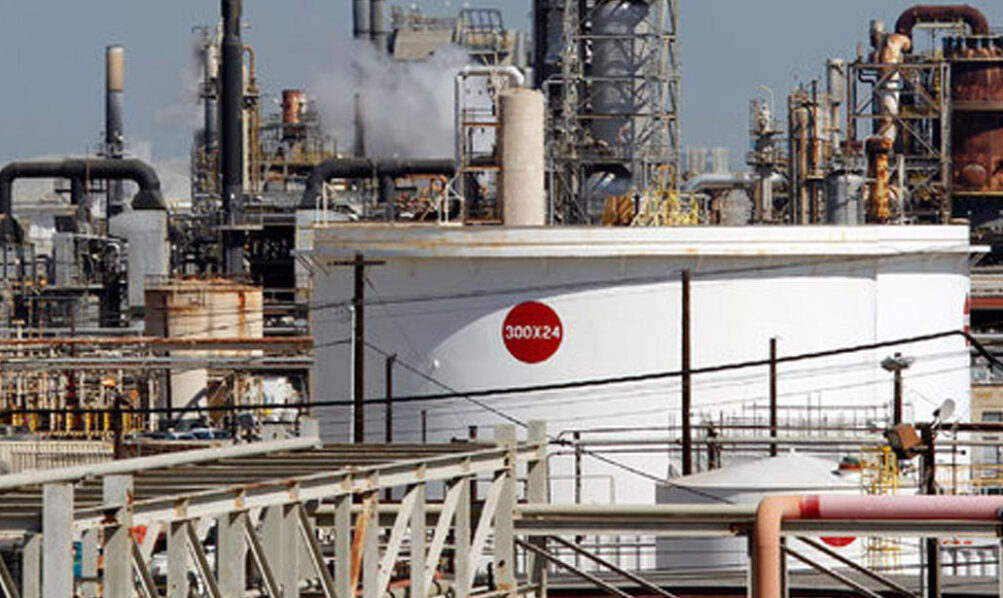
Partner, PwC Nigeria, Pedro Omontuemhen, said the ongoing divestment by major international oil companies (IOCs) from Nigeria’s oil and gas sector paves the way for domestic producers to expand their market share and strengthen their presence in the industry.
Over the past few years, several IOCs have been divesting their assets in Nigeria, following a combination of factors, including regulatory challenges, changing global energy dynamics and a shift towards cleaner energy sources.
Omontuemhen, during the Petroleum Policy Roundtable (PPR-XXIV) hosted by the Centre for Petroleum Information (CPI), said this is a significant opportunity for local companies to enhance their capabilities and play a more prominent role in the oil and gas landscape.
He stressed that though upstream oil and gas investment in Nigeria has declined continuously in the last 9 years, there has been an uptick in investment in first quarter 2024 (Q1 2024) driven by shifts in asset ownership within the Nigerian onshore assets.
Omontuemhen added that in Q1 2024, there have been four large asset sale announcements of onshore and shallow water JVs by oil majors such as Exxon Mobil, Equinor, Eni and Shell to domestic players such as Seplat Energy, Chappal Energies, Oando and Renaissance consortium.
He emphasized that as oil production begins to recover, indigenous players may contribute up to 70 per cent of production given that there is no change in strategy from new operators.
“Increasing divestments by IOCs are allowing Nigerian independent producers to expand their market share. Global upstream operators are focusing on cost efficiency and shareholder returns, influencing investment decisions in Nigeria. IOCs are concentrating on resources with strong economics, lower emissions and reduced risk, leading to a withdrawal from less favored fields like onshore Nigeria,” he said.
Omontuemhen mentioned that future investments in Nigeria are likely to prioritise deepwater and LNG projects due to their potential for higher returns and alignment with the energy transition.
Speaking on the Key challenges impacting the upstream oil & gas sector Mergers and Acquisitions (M&A) activity in Nigeria, he said frequent theft, vandalism, militant attacks disrupt production and cause financial losses, deterring M&A activity, as seen with Shell’s pipeline shutdowns in the Niger Delta.
He added that frequent regulatory changes and lack of transparency like the delayed passage of Nigeria’s Petroleum Industry Bill (PIB), create uncertainty and deter investment in M&A activities.
“Infrastructure forces costly alternatives like barging, complicating efficient production and transportation, thus reducing the attractiveness of M&A deals. Securing financing is challenging due to perceived risks and economic instability, hindering local companies’ ability to acquire and develop assets, as exemplified by Africa Oil Corp’s acquisition struggles.
“Fluctuating global oil prices and demand impact asset valuations complicate M&A activities, as seen during the COVID-19 pandemic when oil price declines made high acquisition valuations difficult to justify, also stringent local content policies add complexity and costs to international deals, exemplified by Oando’s acquisition of Eni’s NAOC company, increasing transaction costs,” he said.






